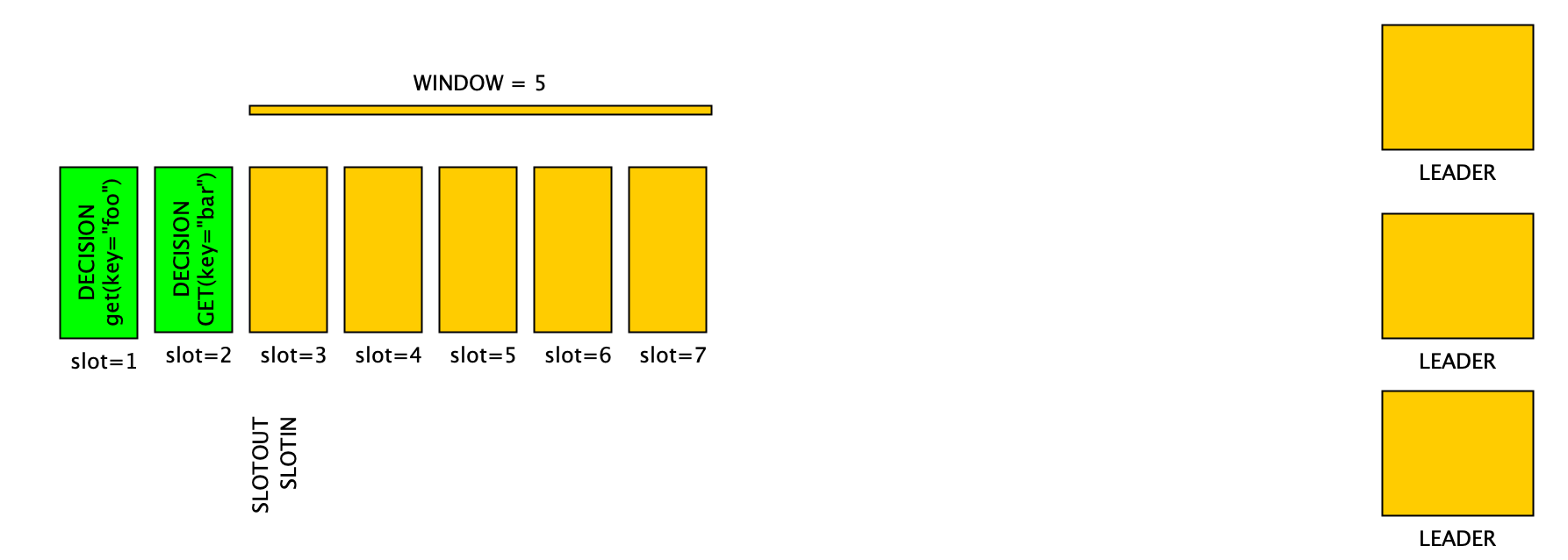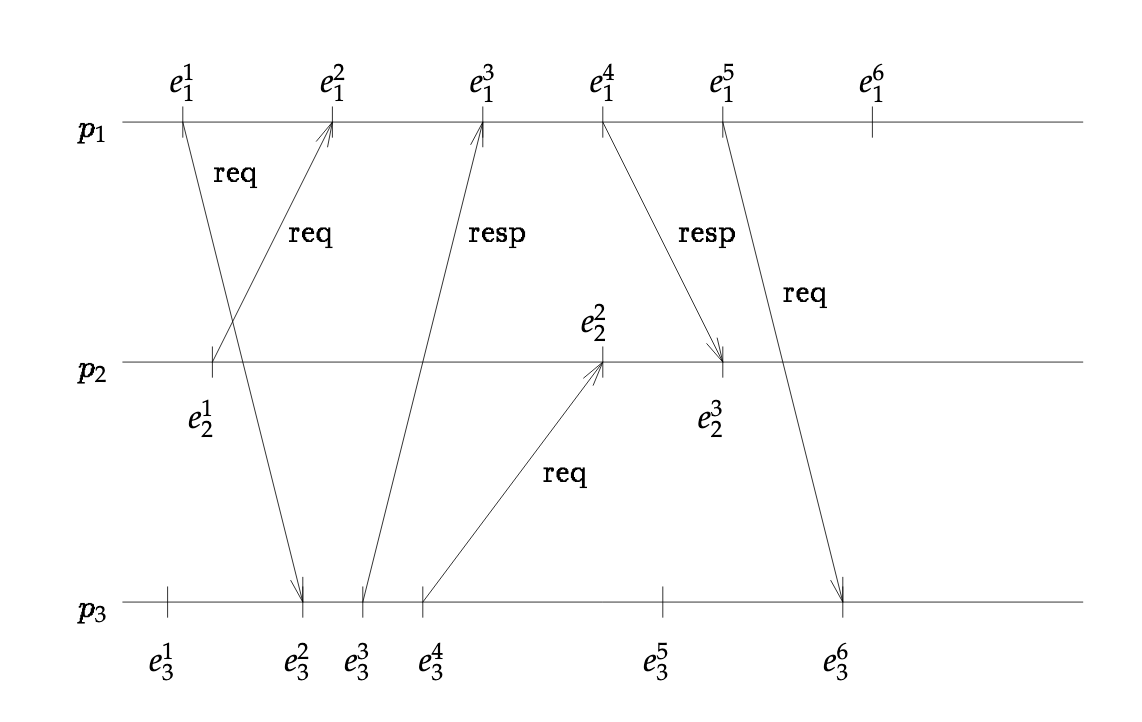Blog
-
In the paper “PAXOS made moderately complex”, the authors introduce unfamiliar concepts not mentioned in the original PAXOS paper, concepts such as slots, slot in, slot out, and WINDOW. I found these concepts difficult to understand despite reading both the accompanying pseudo code as well as their Python implementation. This post aims to shed light…

-
I’m now half way through Distributed Computing course at Georgia Tech and us students are now tackling the penultimate project: building a replicated state machine using PAXOS. This project will be challenging (probably going to require 40+ hours) and it’ll put my theoretical knowledge to the test and reflect back, in a couple weeks, how…

-
I’m preparing for my Distributing Systems midterm and I was struggling to understand the differences between serializability and linearizability (why are these two words so difficult to spell right). Apparently, these two concepts are very different. To gain some clarity, I searched online and found this awesome YouTube video posted by Martin Kleppmann ; in…
-
Ever since I was little boy, if any of my friends were bullied or picked on, and I noticed they couldn’t defend themselves, I would speak up on their behalf. Speaking up for others has always come naturally for me and it’s habit that I still flex even as an adult. However, these days, I’m…

-
In “Consistent Global States of Distributed Systems: Fundamental Concepts and Mechanisms”, the authors propose capturing a distributed system’s computation using a time series graph. Each row in the graph represents a process (e.g. P1, P2, P3), and each tick (e.g. e1, e2) within that row represent a an event: a local event, a send message…

-
Like almost every other parent, my wife and I are doing our best to shelter our 16-month year old daughter, Elliott, in the midst of the COVID-19 pandemic, us parents trying to fabricate a bubble with some sense of normalcy. Up until recently, I tricked myself into believing that we could mask (or minimize) the…

-
Leslie Lamport, a world renounced computer scientist, first published the paper “Part-time parliament” back in 1990. Unfortunately, that paper well not well received, primarily due to the fact that the consensus protocol was described in the context of obscure ancient Paxos civilization. The paper was not was received among computer scientists and Leslie Lamport followed…

-
For this week, my distributed systems course just assigned us students a reading assignment: “Impossibility of distributed consensus with one faulty process“. Apparently, this paper is a seminal piece of work that goes on to describe and prove that, given a single process failure within a distributed system, the underlying system cannot achieve consensus (i.e.…

-
I recently watched a YouTube video titled “My Guitar Teacher TOMO FUJITA Gives Words of Wisdom”. In this video (below), YouTuber Mary Spender interviews Tomo Fujita, a guitar instructor who taught at Berkelee school of music for over 20 years; he takes his years of accumulated knowledge and shares some words of wisdom. From this…

-
Not too much to report this week. Not because nothing happened, but because I wasn’t at diligent in capturing this week’s activities; I was on-call this week and carrying the pager almost always disrupts my flow, this week being no exception. My pager alarmed me out of bed several times (e.g. 12:30 AM, 2:30 AM,…
